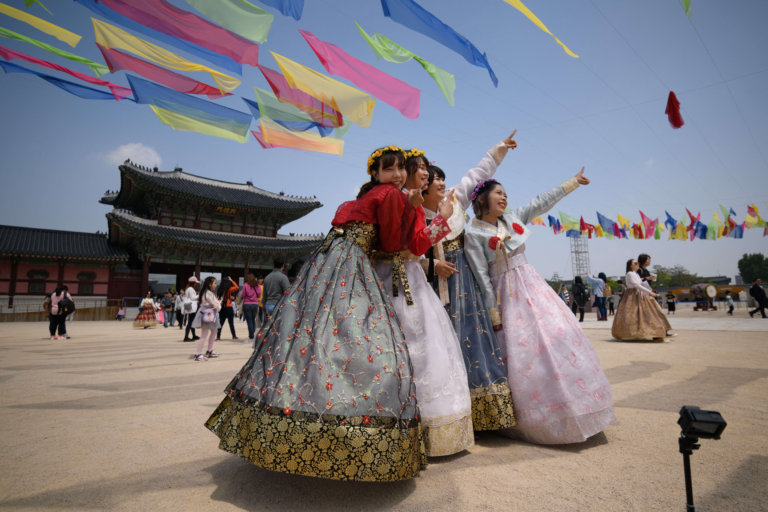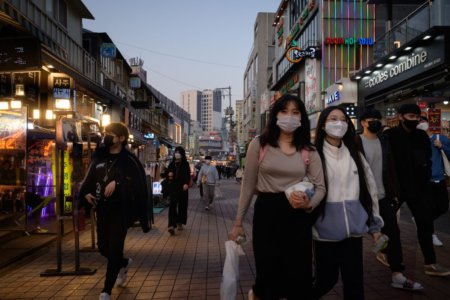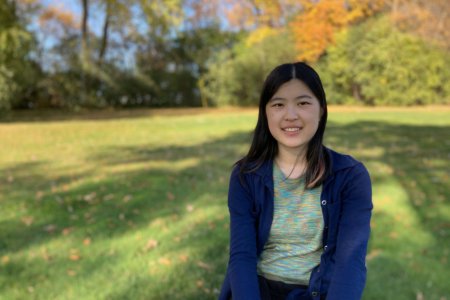
Several universities in Korea are reportedly facing a one-year ban on recruiting foreign students after the government found evidence of many students overstaying their visas upon completing their courses.
Government data shows thousands of undocumented immigrants across Korea had formerly come to the country as international students. Many were pursuing academic or language programmes, reported The Korean Times.
To combat this, the government has imposed a ban on 18 institutions, including the University of Suwon, Yong In University, and Jeonju University from admitting foreign students for their degree programmes. An additional 19 institutions have been prohibited from accepting first-year students for Korean language programmes, including Hanshin University, Chosun University, and Daejin University.
These universities in Korea view the ruling as an “excessively harsh penalty”. This has been amplified by the pandemic, which made it more difficult for universities to keep track of their students.
“We had never experienced such issues before the COVID-19 pandemic,” said an official in charge of the Korean language centre at a university in Gyeonggi. “But as classes were conducted online, and not all of them are conducted real-time, it has been very difficult for us to take care of the students.”
Many universities in Korea are concerned that the new measure will have severe financial implications. South Korea has faced a falling birth rate, hitting a record low of only 260,500 newborns in 2021, a 4.3% decrease from 2020. In contrast, the country saw over 317,800 deaths last year, resulting in a 57,300 decrease in its population.
As a result, universities have been relying on international student recruitment to combat the shortage of domestic learners. The abrupt cut-off will have serious financial consequences on many of these institutions, especially with decreasing government support.

Universities are demanding more government regulation on student visa overstayers. Source: Anthony Wallace/AFP
Universities in Korea demand solutions from government
This does not mark the first time the government has restricted universities in Korea from recruiting foreign students. Universities are subject to an annual government assessment, after which they are banned from admitting international students if they are found to have a high number of illegal student visa overstayers.
In 2012, the government banned 11 “sub-standard” institutions; these included those who allowed international students to bypass immigration rules, while some institutions accepted an increasing number of international students without following proper admissions procedures. One institution saw 17 out of its 35 first-year foreign students identified as illegal immigrants.
However, this comes with decreased government support. Last year, 52 universities were excluded from the 2022-2024 General Financial Support Fund, acting as a major blow to institutions that were already struggling due to low income and student recruitment. Some narrowly lost out by 0.1 to 0.2 points.
Some education officials suspect political motivations at play, but there has been no confirmation on this front. Universities are considering tuition hikes if the ministry doesn’t widen its distribution of funding.
“Most universities have frozen tuition fees over the past 13 years, and their finances have been ruined,” Kim Byeong-jin, head of planning and innovation at Korean Council for University Education said. “If the General Financial Support Fund is not given to more schools, they will have no choice but to raise tuition fees.”
Sookmyung Women’s University Professor of Education Song Gi-chang said the government should take more active measures to provide institutions with solid solutions.
“Attracting students from overseas was not just an option but a must, especially for provincial universities that are on the brink of collapse due to the declining population and tuition freeze,” he told The Korea Times.
“But due to the lack of resources, schools lack the ability and authority to monitor these foreign students outside the classroom. The education ministry, the universities and immigration authorities should thoroughly review the issue and come up with comprehensive measures in the long term, rather than one-off measures restricting schools from accepting new students.”

Students are drawn in by Korea’s higher minimum wage, which often supports their studies and families back home. Source: Anthony Wallace/AFP
Why do students insist on overstaying their visas?
South Korea has seen a sharp hike in undocumented immigrants over the years; the pandemic has amplified these figures. According to The Korea Times, 2,833 foreigners who arrived in Korea on D-2 student visas had overstayed in 2019, with this rising to 4,692 in 2021 and 6,294 in 2021.
There are a number of reasons why students come to South Korea. For some, the prospect of a top-ranked education takes a lower priority compared to access to the local job market. Students, especially those from developing countries, earn much more in South Korea than they do back home. For example, the hourly minimum wage is 7,350 won ($6.84 US Dollars), which is more than five times the amount in Vietnam and double the average of that earned in China.
Many students choose to work part-time in Korea to support their families back home; many are tempted to overstay their visas to continue earning the same amount.
Universities have urged the government to implement a way to monitor the issue of undocumented immigrants who were former international students.
“Previously, we made several reports to the police when we found out that some of our students were overstaying their visas. But it didn’t help much,” an official at a university in North Jeolla Province told The Korea Times. “We also consulted with the immigration authorities, but due to their lack of personnel and complicated administrative procedures, they failed to come up with feasible support measures.”
“We do feel a sense of responsibility that some of our students have become undocumented, but realistically speaking, there aren’t any measures to prevent the students who are aged 20 and above from disappearing,” another official added.










